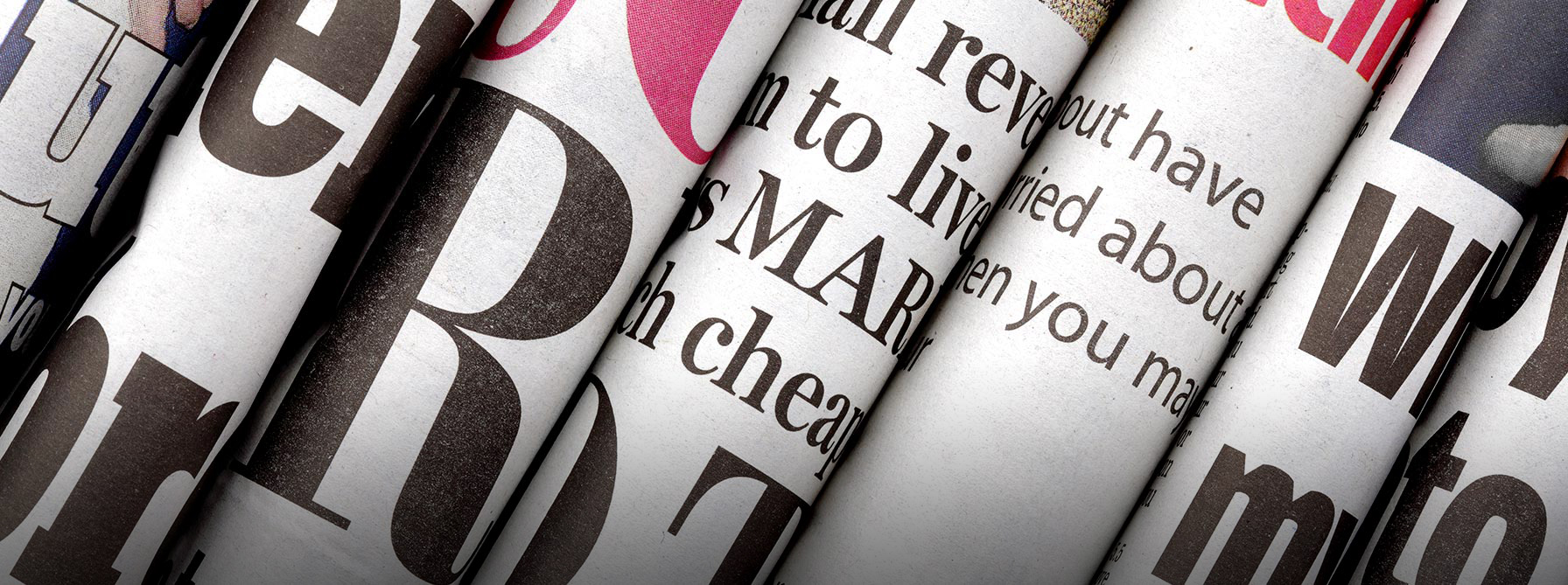There’s a dramatic moment in ‘The Hunchback of Notre Dame’ when Hugo’s character holds a book aloft and points at a church, claiming, “This will kill that”. The threat he referred to was a cutting edge technology called the printing press, the same tech that is now slowly being swallowed by digital distribution.
Does this matter as long as the content survives? No. It shouldn’t matter to anyone except sentimentalists. The audiences of most mediums are currently spoilt by choice, quality and speed of delivery.
It’s when you start throwing around the word ‘integrity’ that a threat emerges. If traditional media giants are dethroned, does it affect integrity?
You could argue that the deeper underground it goes, the better music gets; independent films are dominating ‘best of’ lists; and self-publishing finally exposes all the great books formally rotting in slush piles. In fact, it’s difficult to see many weaknesses in this broad deregulation of publishing except the remuneration of artists.
If traditional media giants are dethroned, does it affect integrity?
The user wins in all cases except news coverage. The once mighty news services watching their print readerships slipping away have not been idle. After the failure of display advertising, there’s been a shift to a subscription model. Early signs are promising but projections were modest to say the least. Call it management of expectations. Either way, the rise of online revenue cannot negate waning print advertising.
Unlike music, books, film and television, news cannot survive the same process of deregulation without losing integrity. You can argue that all the major news services have been guilty of bias, particularly political, but this is one baby you don’t want to throw out with the bathwater.
Internet purists believe the blogosphere will fill the gap if the goliaths fall. Anyone who believes that is a complete idiot.
X’s power as a news service was highlighted during the violent post-election protests in Iran during 2010 with millions of Tweets, many allegedly being sent by Iranians (frantic text updates, graphic images, chaotic videos).
But the longer you watched the rolling tweets dropping down the page faster than b-grade movie credits, the more conflicting reports you noticed, and the more warnings about inaccurate or fabricated tweets.
It was still powerful, but it was tainted. While dedicated services barely showed a fraction of X’s coverage, there was a very important difference between each source: you generally trusted what the traditional news services had to say.
The issue we face, as a society hell-bent on knocking down every old sandcastle, is we cannot afford to have news sources with no duty of care. Neither social media nor the blogosphere has a duty of care based on the reliability of information. Facebook and X’s ideal world is one where you can never contact them and they couldn’t care less about the nature of your activity. To them, fabrication is as valid as gospel. They maintain the platform and then get back to important task of counting money.
Journalism is a far cry from blogging. One is fact and the other is opinion.
Personally, I balk at news subscriptions because the same people asking me for money trained me to believe their content was free. Every user will reach a tipping point. It’s imperative that enough consumers choose to subscribe. The loss of trusted news sources would create such a hotbed of lies and half-truths that every issue, from matters of state to community issues, could be influenced by deception.
Unfortunately, you can’t trust people. Sometimes they deceive you for fun, or for more sinister goals. Fake news stories are shared daily on social media, any video can be post-produced to change its meaning, and identity theft is rife.
Journalism is a far cry from blogging. One is fact and the other is opinion. The line must continue to divide them. For the layperson that has never sat in a newsroom, you would be surprised by how technical the craft is. Cadets are mentored by disciplined editors and pushed through constant courses. To hear a subeditor berating a cadet in incredible detail, critiquing a 400-word article, you realise how seriously news teams treat their jobs.
Farewell the old Sunday morning ritual of fumbling with giant newsprint over a big breakfast, or the sound of the rolled up paper hitting the lawn in the morning. That method of distribution is not long for this world. But if we choose as an audience to eliminate journalism completely, we face a dangerous future.
Sadly, when a mass riot breaks out in response to a doctored video, I won’t have the heart to say ‘I told you so’.
Subscribe now for content marketing insights and trends straight to your inbox.









